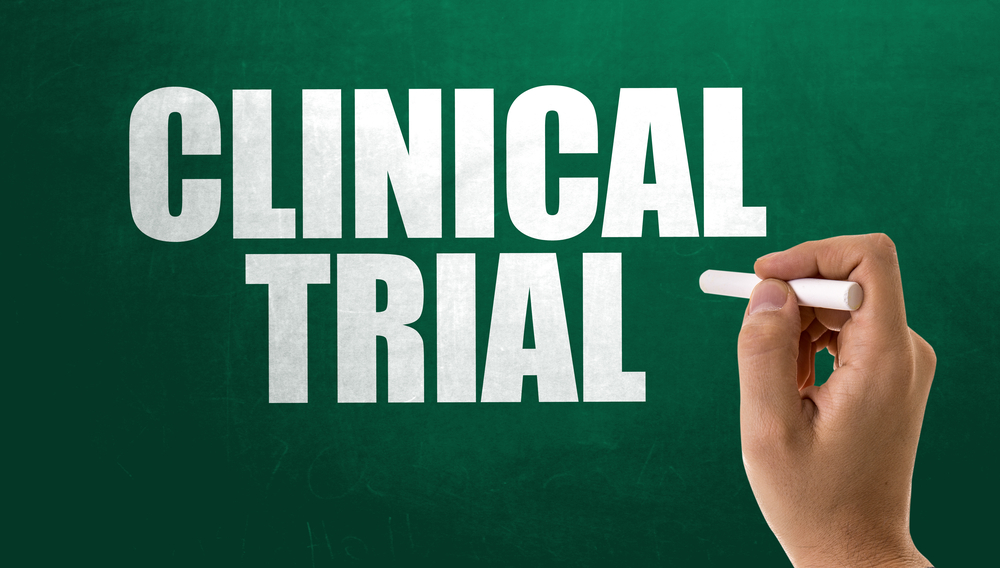EXCELLENCE Trial Will Test Anavex-2-73 in Children, Adolescents

Anavex Life Sciences is launching a clinical trial to assess the safety and efficacy of its small molecule therapy Anavex-2-73 (blarcamesine) in children and adolescents, ages 5 to 18, with Rett syndrome.
The international trial, named EXCELLENCE (Anavex-2-73-RS-003), plans to recruit approximately 69 participants. It will begin in the upcoming months in Australia, with further clinical sites across the world expected to be included in the future.
Participants will be randomly assigned to receive oral Anavex-2-73 or a placebo every day for 12 weeks. Following that, participants may then continue to be treated with the investigational therapy during a voluntary open label extension period.
More information on the trial and how to enroll is available at the website www.rettsyndrometrial.com.
“This study highlights Anavex’ commitment to all families of young girls with Rett syndrome to be able to offer a potential treatment to a broader age range complementing the ongoing clinical studies in the U.S. and the AVATAR study in adult patients with Rett syndrome,” Christopher U Missling, CEO of Anavex, said in a press release. “There are currently no approved therapies for Rett syndrome and we are looking forward to working with the Rett syndrome community worldwide to developing transformative therapies for people and their families living with Rett syndrome.”
Anavex-2-73 is a synthetic small molecule that works by activating a protein receptor — known as the sigma-1 receptor (S1R) — that is involved in making sure other proteins fold correctly as they are produced. Through the activation of S1R, Anavex-2-73 will decrease protein misfolding. That, in turn, will result in less cellular stress and better functioning of the mitochondria, known as the “powerhouses” of cells.
Based on its unique mode of action, Anavex-2-73 may represent a new strategy for treating neurodegenerative and neurodevelopmental diseases, such as Rett syndrome.
Preclinical studies in mice carrying mutations in the MECP2 gene — which are known to cause Rett syndrome — showed that Anavex-2-73 significantly improves motor and reflex responses to stimuli compared with a placebo. Treated mice also showed better balance and gate patterns, supporting the potential of the therapy to improve the outcome of Rett syndrome.
Anavex is currently exploring the safety, tolerability, and efficacy of Anavex-2-73 in an ongoing Phase 2 extension trial (NCT03758924). That trial, which is still recruiting participants, is expected to enroll about 15 adults (ages 18 and older) with Rett syndrome across five sites in the U.S. Locations are in Alabama, Illinois, Missouri, Ohio, and South Carolina.
The investigational therapy received orphan drug designation from the U.S. Food and Drug Administration in January 2017 for the treatment of Rett syndrome. The European Medicines Agency’s Committee for Orphan Medicinal Products (COMP) has recommended that Anavex-2-73 also receive orphan designation from the European Commission.






